Black History Month reflected in Politics
Y12 students have celebrated Black History Month by considering a range of areas related to minority issues in modern UK politics. Students have studied the ‘participation crisis’...
Filter by Category
Filter by Author

























































































































































































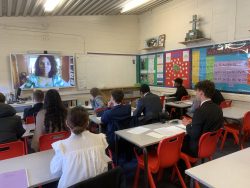
Y12 students have celebrated Black History Month by considering a range of areas related to minority issues in modern UK politics. Students have studied the ‘participation crisis’...
Posted by Giles Monks
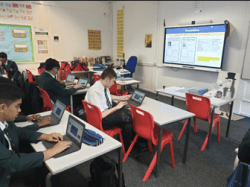
On Friday 1st October Year 10 students had a variety of experiences offered by the Humanities and Social Sciences Faculty for Enrichment Day. Luke and I chose History, being one...
Posted by Adam Lyley
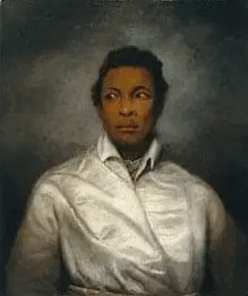
The Black Niño Brothers were a family of sailors of African descent from the town of Moguer, Spain and were seasoned navigators who made Christopher Columbus’s first voyage to the...
Posted by Ama Bartholomew

This week’s pioneers for Black History Month are individuals who are talking over the film industry behind the scenes. You might have seen some of their films or even...
Posted by Michael Besisira
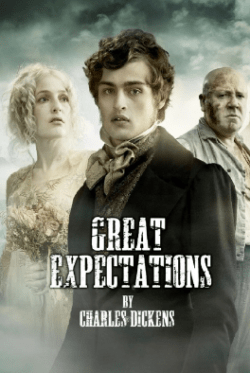
This year the English Faculty will be honouring Charles Dickens by promoting his novels each month in the BMS newsletter. With Year 8 currently studying his work, it seems...
Posted by Natalie Stanton
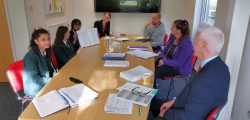
On Monday, three of our long standing anti-bullying ambassadors joined the Senior Leadership Team in the Executive Principal’s office to share some of the great work they...
Posted by Suresh Varsani
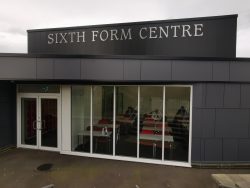
Last week, we had some of our wonderful Sixth Form students helping out with our preparations to support the NHS colleagues who delivered Covid vaccines available for students....
Posted by Giles Monks

After a year hiatus, the House Arts competition returns to Bushey Meads School. For those of you that may not have experienced this amazing event and for those that need...
Posted by Unami Tenga
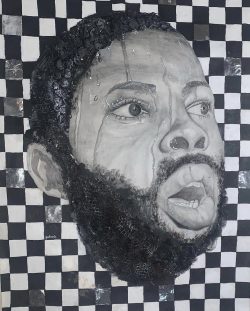
JR: Chronicles The answers are out there for you, as long as you want to educate yourself! Black Lives Matter, is a movement that originated in July 2013, after the acquittal of...
Posted by Gabriela Zhelyazkova
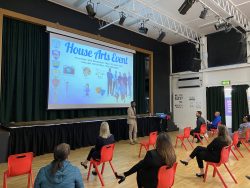
A superb video produced by the 7 superb Heads of House at BMS started the week with a bang on Monday morning in our Staff Briefing meeting in the Main Hall. It was made to...
Posted by Jeremy Turner
Y12 students have celebrated Black History Month by considering a range of areas related to minority issues in modern UK politics. Students have studied the ‘participation crisis’ reflected by the much lower voting turnout of 18-24 year olds and also minority ethnic groups in UK elections. This is significant as political participation – or lack of it – influences party manifestos and policy priorities. Students also contrasted the lack of voting by some groups in society with the active politics and demonstrations seen in the UK Black Lives Matter movement in the summer of 2020. The BLM protests were often led and dominated by students and other young people showing their support for the BLM social movement and frustration at the lack of progress in creating racial equality in the UK. This also highlighted the economic disadvantage and high unemployment disproportionally faced by minorities. The fact these protests and similar ones about climate change, involved large numbers of supporters across the country suggests there is not a disinterest or apathy about politics in the UK, but a lack of engagement with young people by political parties and politicians.
The Black Lives Matter movement was analysed to identify the factors making a pressure group successful and the impact of the tactics and methods outsider groups may use. In this case students felt that, Black Lives Matter has been an extremely successful social movement in gaining public recognition of the issues, informing and educating the wider public. It even prompted organisations such as the National Trust to review the history of their properties and highlight the hidden links to the money generated by the slave trade and exploitation of workers in the Caribbean sugar plantations. However, Black Lives Matter has been less successful in fundamentally changing government policy in terms of implementing new policies to ensure equality for all ethnic minorities. Over 30 years after the Stephen Lawrence murder inquiry, there are still many concerns raised about UK policing and racial stereotyping. Students discussed the issues raised by the disproportionate use of ‘stop and search’ powers by the police on young black males.
Politics students also considered why the Black Lives Matter movement has not been able to translate it’s large popular support into changing the political agenda. Factors considered included a lack of focus and clear leadership within the movement, plus small minorities turning some demonstrations into violent protests which politicians could not be seen as supporting. Students also identified that a lack of political ‘access points’ to government ministers and civil servants who make or influence policy decisions has meant protest and public campaigns have had to remain the main tactic. Y12 students discussed the debates and controversies around the use of professional lobbyists in promoting changes in policy and the often unequal advantage held by pressure groups with ‘insider status’ who are able to meet decision makers in person or can afford expensive lobbying campaigns. Black History Month has provided an excellent focus for students to debate and consider many political concepts which are essential to our democratic representation.
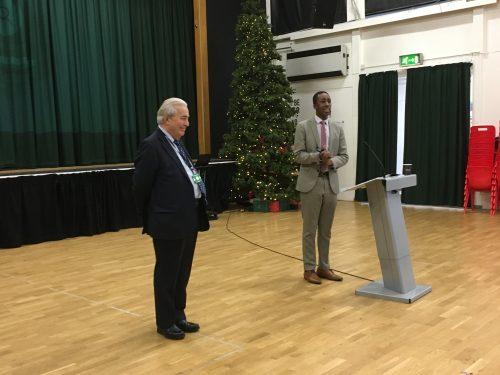
On Friday 10th December, Councillor Lawrence Brass visited BMS to speak to law and politics students about his political and legal career. Councillor Brass explained how his...
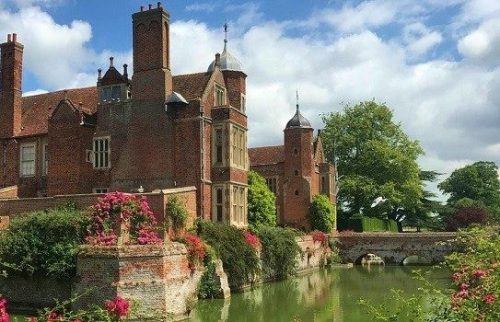
As the UK ‘reopens’ and we start thinking about what to do during our summer hols, the humanities and social sciences faculty have some ideas of things to do and places to go this...